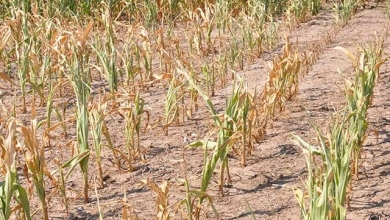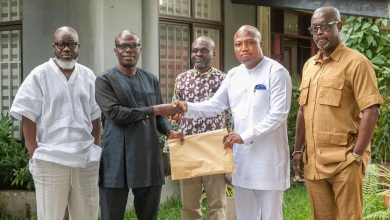Ghana Launches Nationwide Survey to Measure Learning Poverty in September

- Ghana launches GLSS 8 to measure learning poverty.
- 7.9 million citizens aged six and above struggle with literacy and numeracy.
- Survey will collect data from 25,650 households across the country.
- Aims to address learning poverty and improve education.
The Ghana Statistical Service (GSS) has launched the eighth Ghana Living Standards Survey (GLSS 8) to assess learning poverty nationwide. The survey, which starts in July, will measure children’s literacy and numeracy skills in any language, with a focus on learning poverty.
Learning poverty refers to a child’s inability to read and understand simple text and basic numeracy at their learning level. The survey was prompted by the 2021 Population and Housing Census (PHC), which found that 7.9 million citizens aged six and above could not read or write age-appropriate material.
The GLSS 8 will collect data from 1,710 clusters across the country, involving 25,650 households, making it a nationally representative household survey. The survey will provide reliable, aggregated, and internationally comparable statistics on welfare and living conditions in Ghana, with a focus on education.
Previous GLSS surveys have focused on the labor force, non-farm household enterprises, and household financial services, but GLSS 8 will specifically target learning poverty. The survey aims to understand the dynamics of illiteracy, identify the sources of the problem, and recommend policy interventions to address it.
The data collected will help identify vulnerable groups, evaluate the effectiveness of policies, and provide crucial data for targeted policy formulation in the education sector. The survey will measure 74 of the 169 SDG targets and 98 of the 231 indicators, making it a critical tool for achieving quality education and sustainable development.






